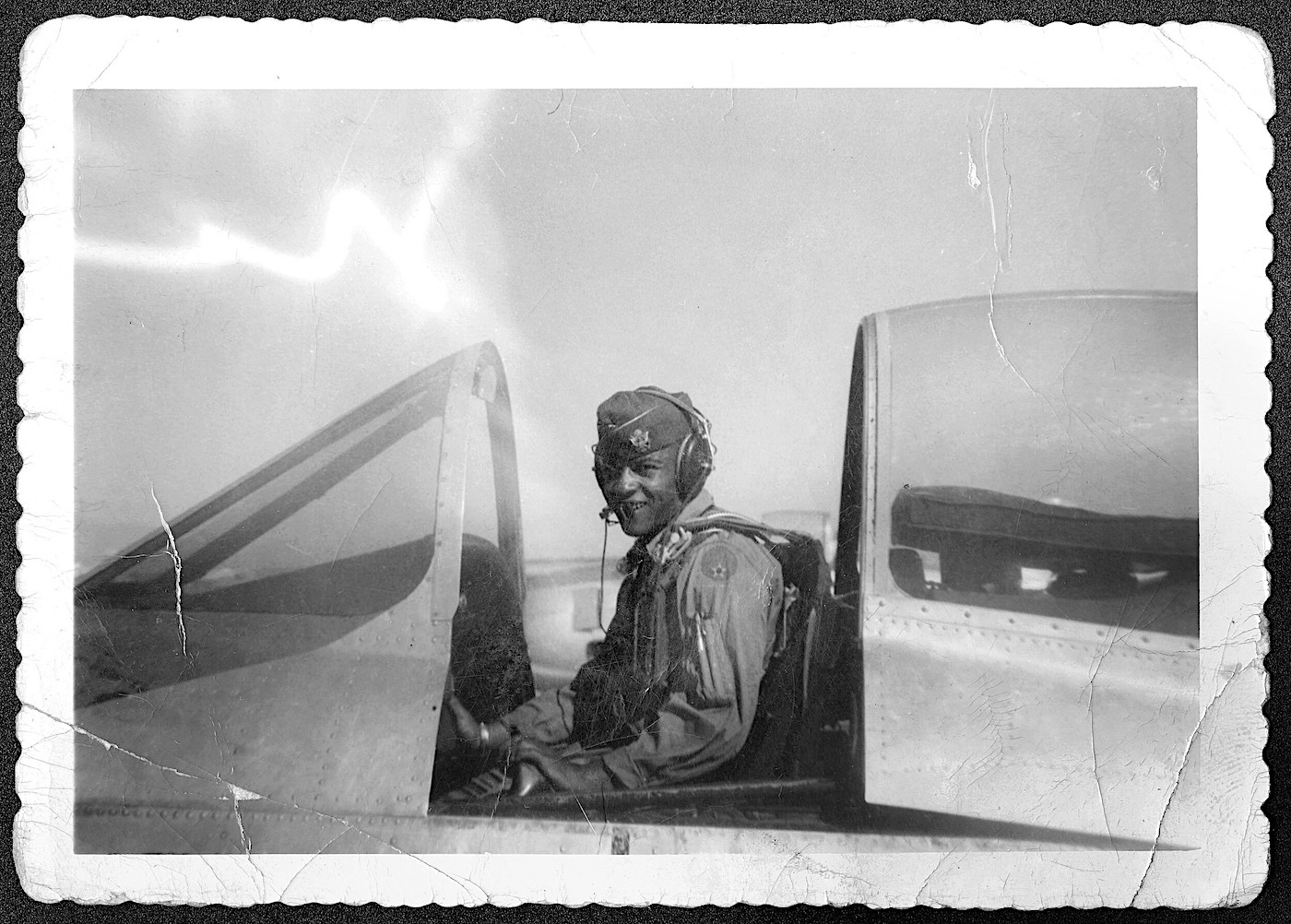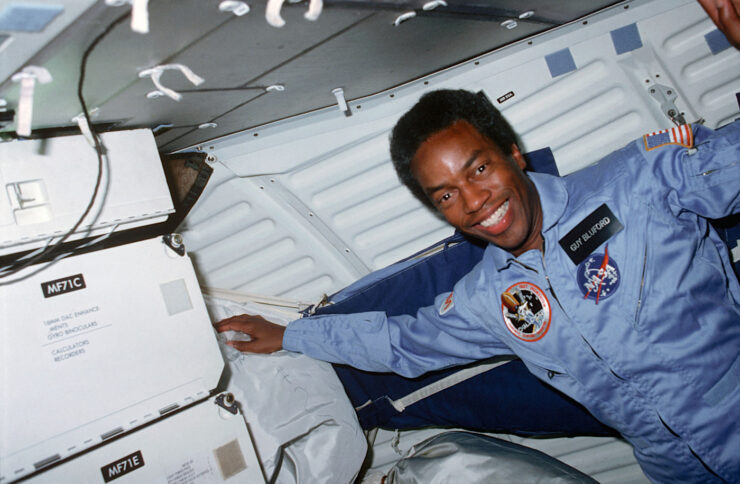There have been several documentaries about humanity’s exploration of space. The Space Race, however, sheds light on stories that haven’t been given the attention they deserve.
“We all think we know the story of how space exploration happened, particularly in the United States, and you discover there’s so many facets of it that are unknown,” The Space Race co-director Diego Hurtado de Mendoza told me in an interview. “The first person of color to fly into space, and coincidentally, the first Latino and Cuban—was Arnaldo Tamayo Méndez, who became the Cuban cosmonaut [via the Soviet Union’s space program]. The fact that the United States lost this so-called race to space against the Soviet Union, and the Soviets who had no Black population managed to fly the first person of color—it really made us question what was going on in the U.S. at the time.”
De Mendoza and his co-director Lisa Cortés’ research led them to have the film focus on the history of NASA’s first Black astronauts. They brought one of those astronauts—Leland Melvin—on board as executive producer to get his colleagues to sit down for interviews. Melvin shared with me that he was brought onto The Space Race to “validate the project to the astronauts, and that their voices will be told authentically, their stories wouldn’t be changed.”
One of the subjects of The Space Race is Ed Dwight (pictured below in a 1960s photo), who Cortés described as “the spine of the film” during the documentary’s panel at the Television Critics Association (TCA) winter press tour. In the early 1960s, Kennedy—as part of his effort to win the Black vote—pushed to have a Black astronaut in the U.S. space program. That candidate was Dwight. As the film lays out, he faced significant pushback within the organization, and when Kennedy was assassinated, all of Dwight’s support died with the President. He was pushed out.

Dwight, who is now in his nineties and a prominent sculptor, recognizes the role he played in bringing Black astronauts to NASA. “I was very grateful to be a part of that whole program,” he said during TCA. “My role in this thing for real was to start the conversation. And if I had acted a fool, if I had failed out, I could have destroyed the whole thing, and the group that came in after me would have been even further away.”
The next group came twenty years later and included Guy Bluford (pictured at the top of this article), Ronald McNair, and Frederick Gregory. Gregory and Bluford share their stories in the documentary (McNair sadly died in The Challenger explosion), with their voices the heart of the film along with Dwight’s. Centering the astronauts’ voices is the focus of The Space Race, and why the astronauts agreed to participate.
“I know Ed and Guy and other people have been in different things where people have tried to exploit or tell the story before they even heard the story,” Melvin explained to me. “And I think the power of this was that we were going to hear the story, and then make the best story out of what was what was said.”
Dwight also shared with me some words of advice for those who watch the documentary and feel motivated to do more. “What this movie does on a mass scale is tell the world and especially the kids in the Black community, as well as grown-up kids that are at crossroads in their lives, that persistence reigns. You can’t give up,” he said. “The message out there to anybody that looks at this movie is to see examples, not just Ed Dwight but all the other characters in the movie, that there was something that these people had, that they could maybe apply it to themselves, to allow their lives and their progress to be better.”
The Space Race premiered on National Geographic on February 12, 2024 and is now available to stream via Hulu and Disney+.










